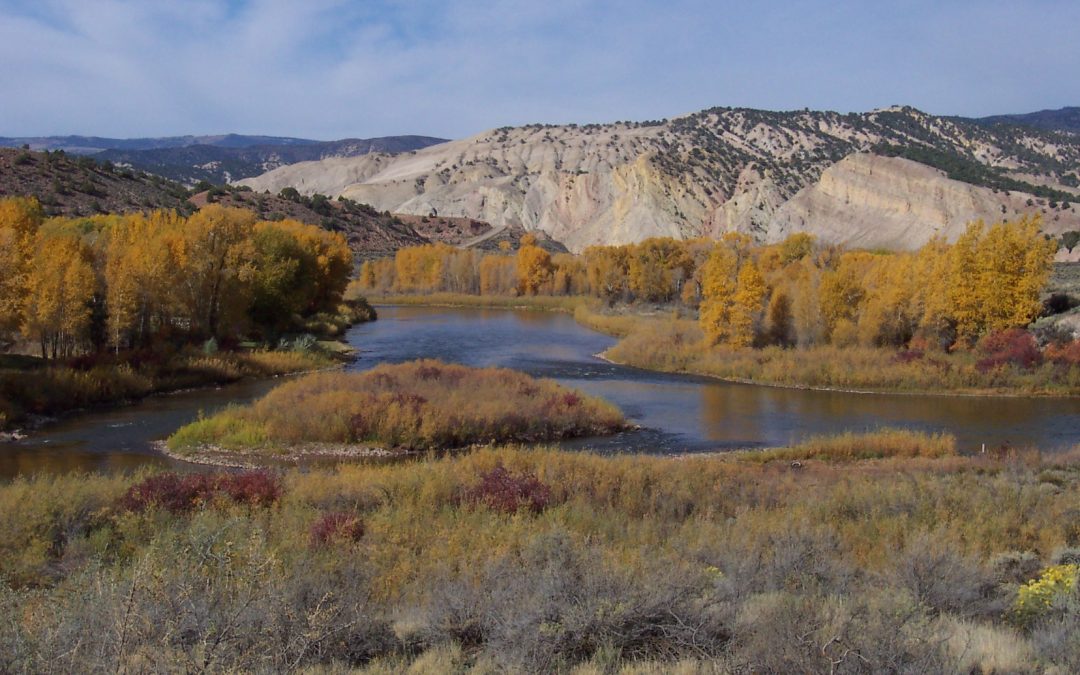With much of the western United States experiencing some form of drought and a projected increase in future population, there is rising concern for the future of the Colorado River, which already dries up before reaching the delta in the Gulf of California. Water law, increasing population and climate change are all being discussed as issues affecting the future of the Colorado River– and although Colorado is planning for the future, we may not be entirely prepared.
According to an article in Sunday’s Pueblo Chieftan:
Colorado ranks among states better prepared for climate change, but not among the best, according to a report released Thursday.
The Natural Resources Defense Council, a nonprofit environmental agency, rated all 50 states on how they are preparing for impacts of climate change on water resources. Colorado ranked highest among all Rocky Mountain states. Essentially, Colorado earned a B, ranking behind nine other states, using the criteria chosen by the council.
During the State of the Rockies Conference Governor Hickenlooper weighed in on the need to plan for the future of the Colorado River. On one side, there is a need for conservation. Many cities have seen success with reducing water usage, including Denver, but conservation may not be enough. Colorado already diverts large amounts of water from the Western Slope to the Front Range, but experts say that more water will be needed.
By 2050, State-sponsored research estimates that the Denver Metro Area population will increase from 2.5 to 4.1 million. More people coupled with other demands calls for an additional 183,000 to 272,000 acre-feet of water. An acre-foot of water can meet the water needs of one or two households per year.
There are new proposals to build dams and divert water from the upper Colorado River basin in Wyoming to the Front Range, and today, everything is on the table. The Washington Post published an article yesterday that describes the many ideas the public sent to U.S. Bureau of Reclamation when asked what to do about Colorado River flows. Ideas include towing an iceberg to California and capturing the melt for the Colorado Basin, diverting water from the Mississippi River, desalination of sea water, water banking and consuming less beef. As quoted in the Washington Post:
“It’s an entertaining list,” said Jim Pokrandt, who handles education and outreach for the bureau’s Colorado River District in Colorado. “There’s a couple good ideas on there that bear further discussion. Other ideas are kind of fantastic, as in maybe not based in reality.”
Colorado has already been discussing the projected shortfall of water across the state, with citizens weighing in through the Roundtable process and entities coming together from the East and West Slopes through the Colorado River Cooperative Agreement. On March 1, 287 Coloradans came together to plan and share ideas on Colorado’s water future at the Statewide Roundtable Summit. Presentations and discussion notes are posted online.
What are your thoughts? How can Colorado and the Colorado River Basin prepare for the future?


 Print
Print